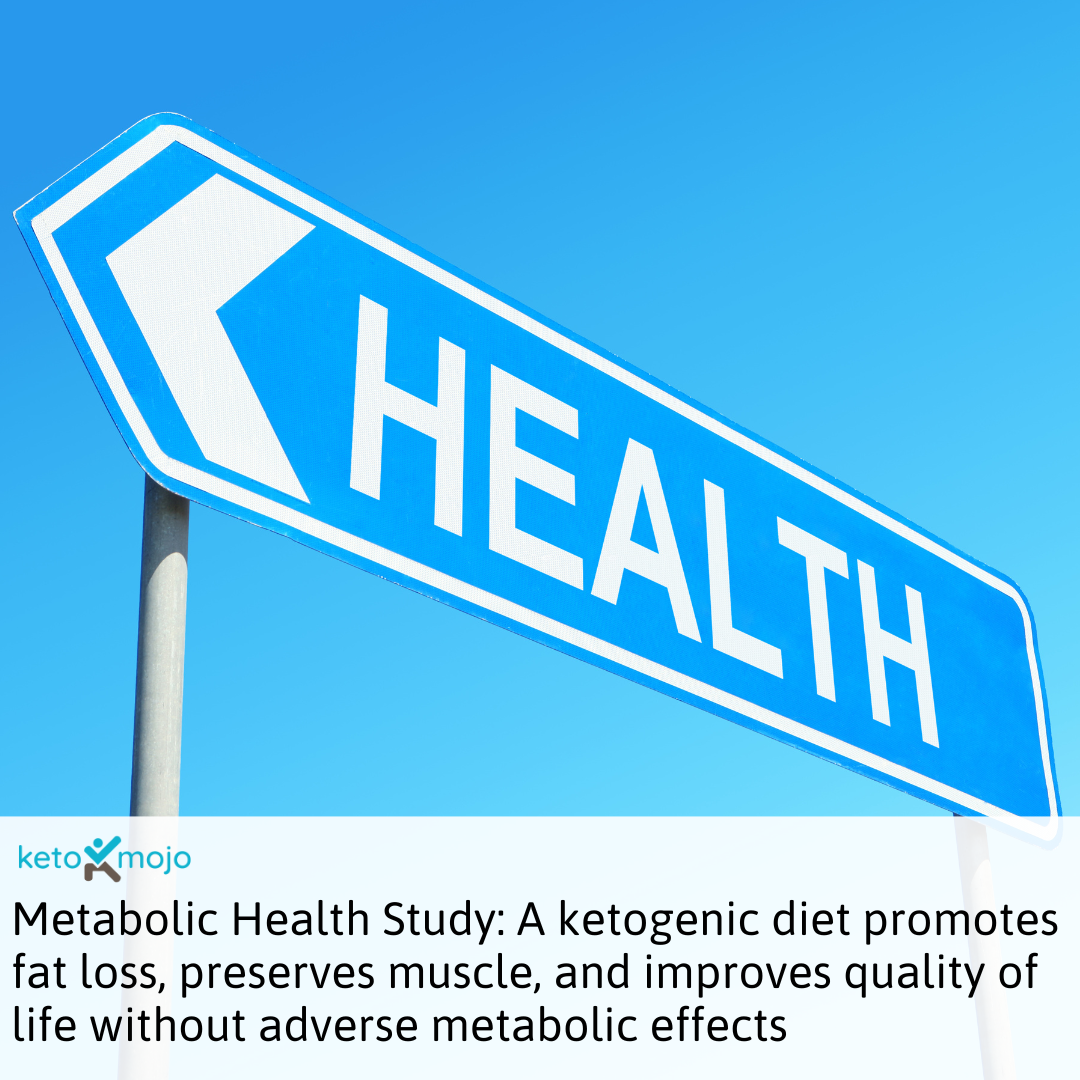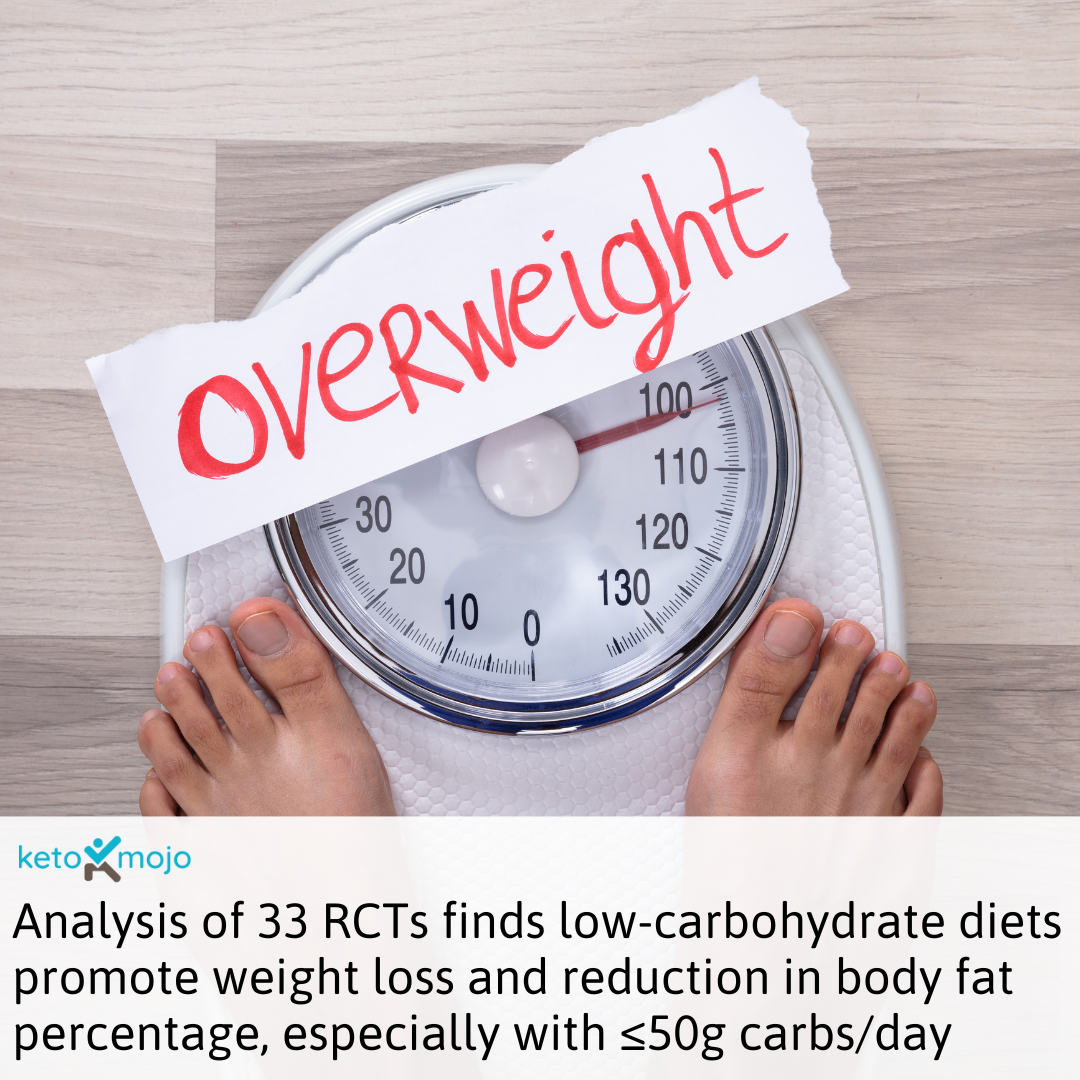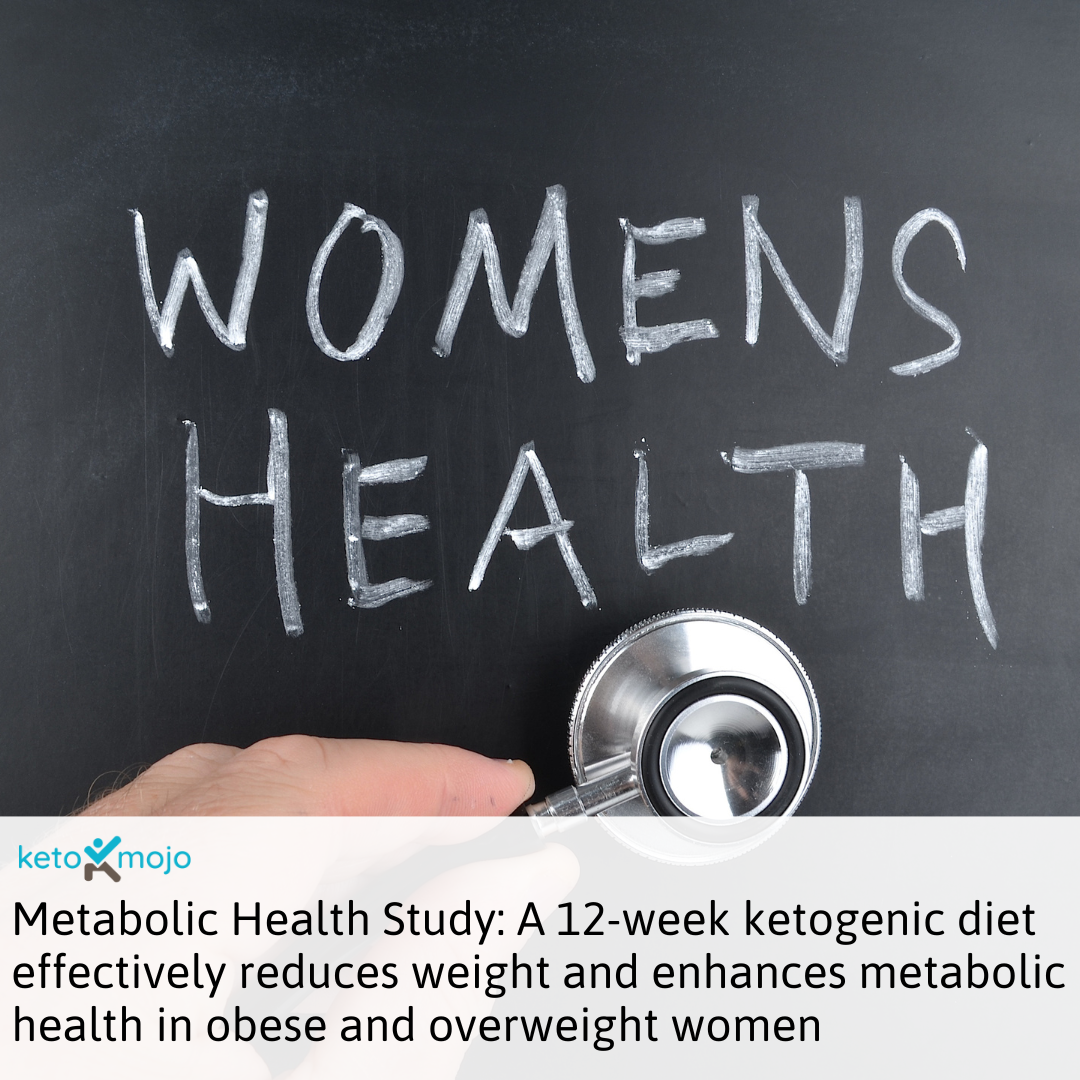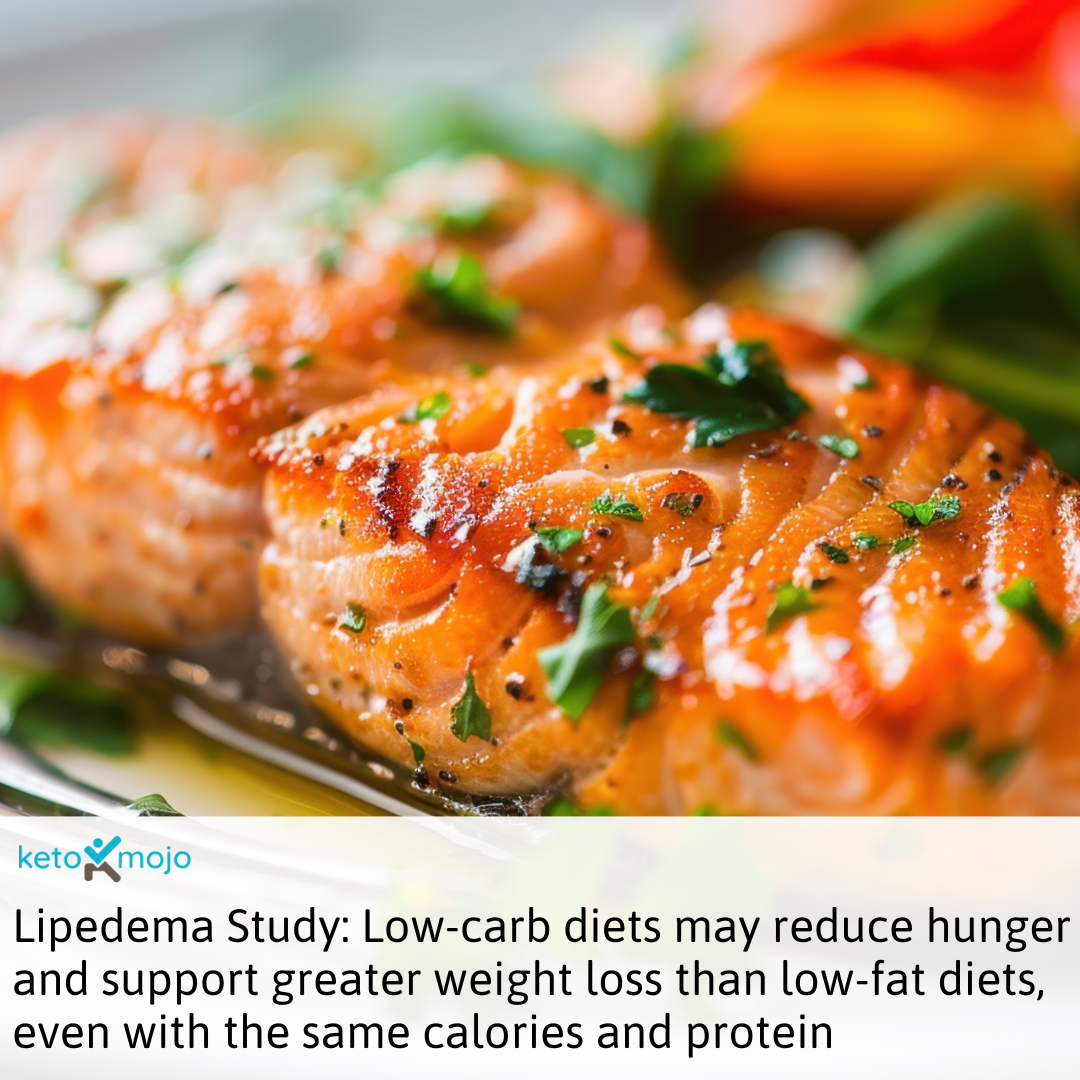General Health, Metabolic Syndrome, Obesity
The impact of a ketogenic diet on weight loss, metabolism, body composition and quality of life

A recent study explored the effects of a eucaloric ketogenic diet (KD) on weight loss, body composition, metabolism, dietary adherence, and quality of life through a two-stage, pre-post interventional design. The first phase assessed the feasibility of a KD in normal-weight participants over three weeks. Based on promising outcomes, the second phase involved overweight adults undergoing a three-month KD intervention. Both phases monitored ketosis using blood beta-hydroxybutyrate (BHB) levels and included detailed assessments of body composition and quality of life.
Participants received individualized nutritional counseling, and adherence was closely monitored. Metrics such as body composition, metabolic parameters, and quality-of-life indicators were monitored.
Phase One: Three-Week Ketogenic Diet in Normal Weight Individuals (n = 29):
- Body Composition:
- Moderate weight loss, primarily from fat mass, with a 10.8% reduction in visceral fat.
- Preservation of muscle and bone mass
- Metabolic Markers:
- HDL cholesterol increased, while fasting blood glucose and LDL cholesterol remained stable.
- No significant changes in C-reactive protein or triglycerides.
- Nutritional ketosis was achieved within three to five days, with BHB reaching a maximum average level of 1.45 mmol/L by the end of the study.
- Quality of Life:
- Improved scores across all domains of quality of life questionnaires.
- Decreased fatigue symptoms.
Phase Two: Three-Month Ketogenic Diet in Overweight Individuals (n= 30):
- Body Composition:
- Significant weight loss, with a 14.3% reduction in fat mass and a 14.7% decrease in visceral fat.
- Muscle and bone mass remained stable.
- Metabolic Markers:
- HDL cholesterol increased (+5.7 mg/dL), while fasting blood glucose and HbA1c decreased within normal ranges.
- No adverse changes in LDL cholesterol, triglycerides, or cardiovascular risk markers.
- Nutritional ketosis was achieved within three days and was maintained until the end of the study, with BHB reaching a maximum average level of 1.37 mmol/L after two weeks.
- Quality of Life:
- Marked improvements in physical, mental, and social well-being based on quality of life questionnaires.
- Fatigue symptoms reduced significantly, especially in participants with higher baseline fatigue levels.
This study found that a eucaloric ketogenic diet is a safe and effective approach for weight loss, improved body composition, enhanced quality of life, and reduced fatigue, with no observed adverse metabolic effects. These findings support the potential use of KD as a therapeutic tool for weight management and metabolic health.






